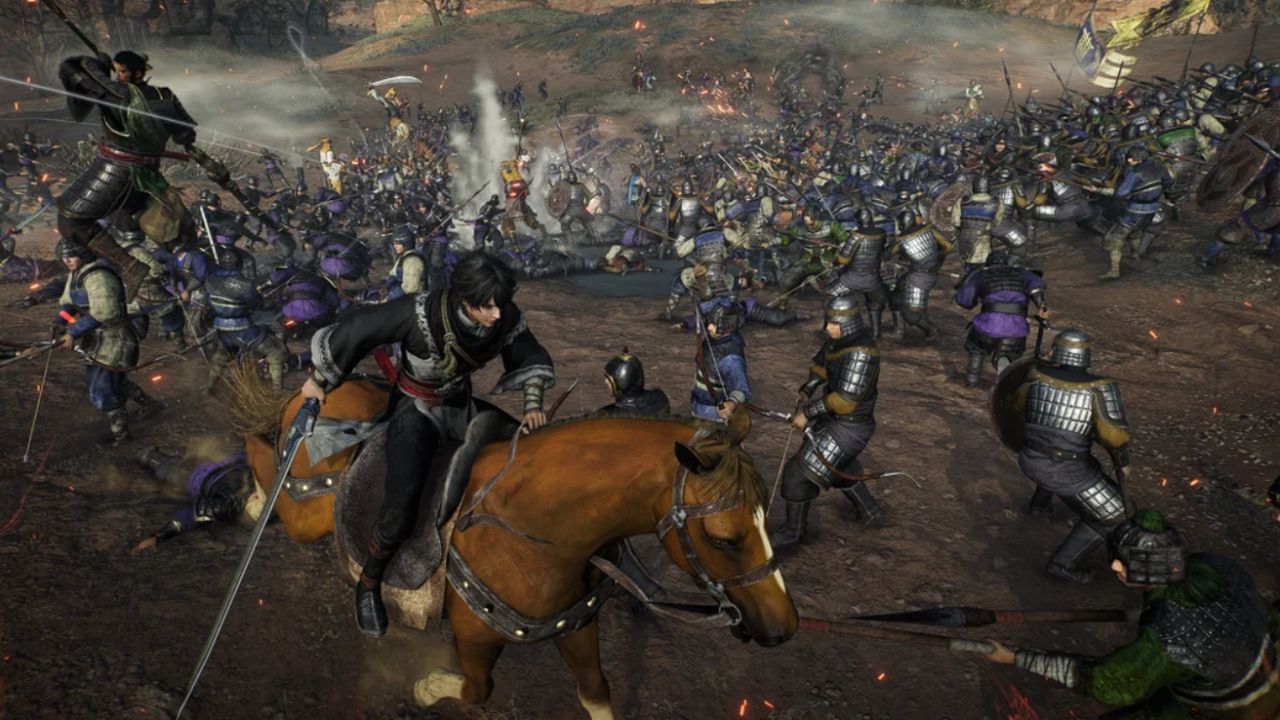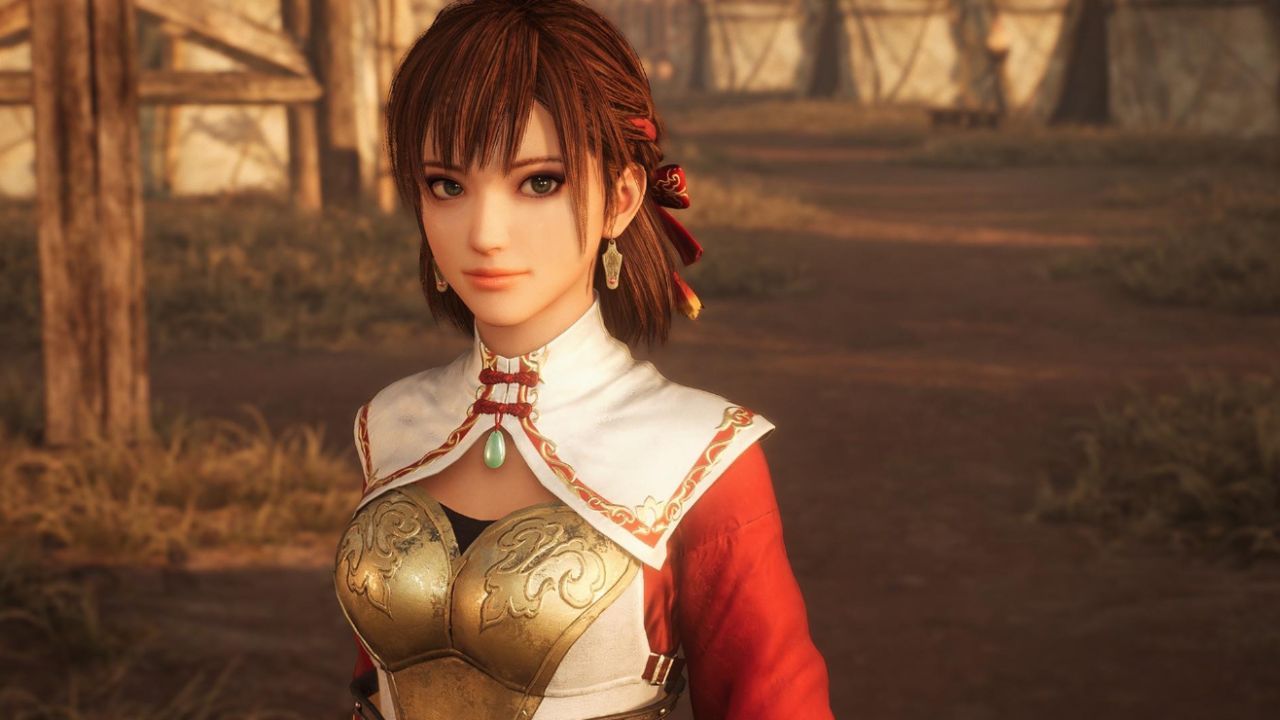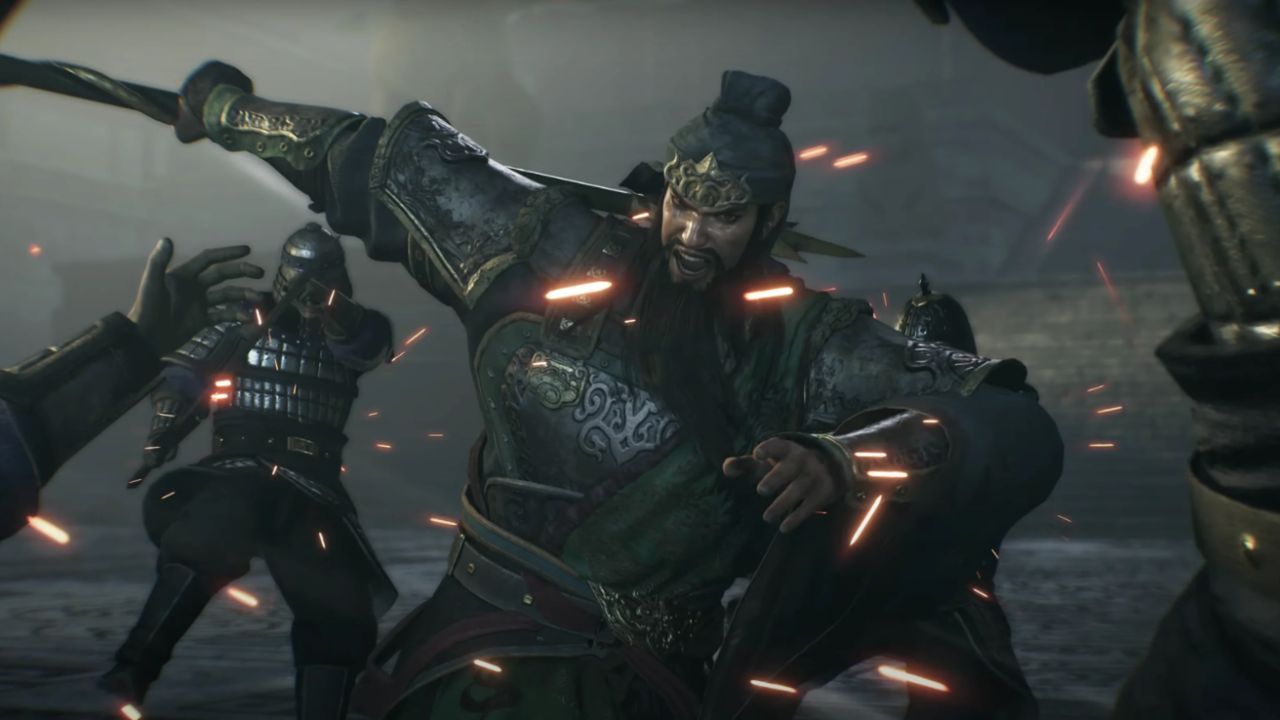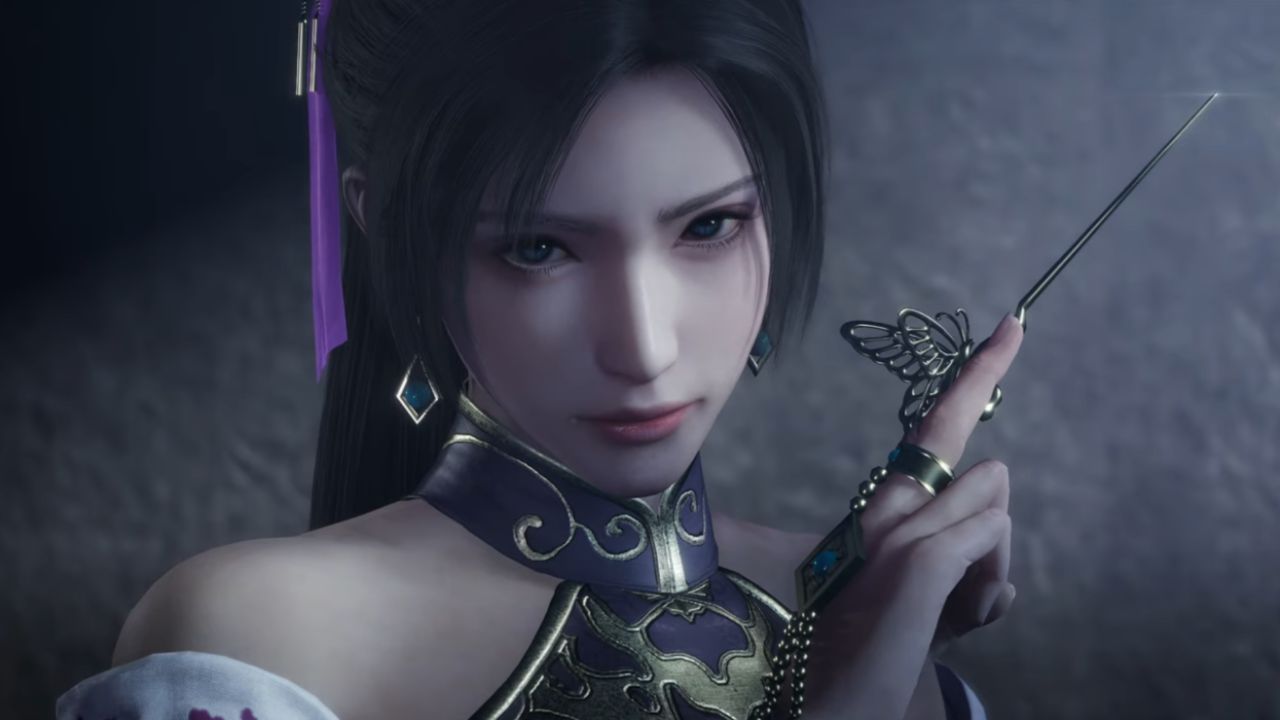Dynasty Warriors: Origin is a bold reimagining of the iconic hack-and-slash franchise.
First developed by Omega Force and published by Koei Tecmo, the “Dynasty Warriors” series has become one of the most important franchises within the hack-and-slash genre for more than two decades. Born in 1997 with one-on-one fighting games, it was rebooted quickly with “Dynasty Warriors 2,” which set the model of sprawling battlefields full of soldiers that would eventually define the franchise’s legacy.
Ever since its creation, this series has expanded its ambition with time. Its blend of grand storylines set in China’s Three Kingdoms period with subtle gameplay systems are some of the staple features that have defined the franchise through countless episodes and spin-offs.
Dynasty Warriors: Origin seeks to resuscitate this storied franchise, rewriting its founders with new stories, rewritten systems, and a fresh focus on character-centric storytelling. It looks to impress both old and new fans alike by fusing the best elements of past titles with fresh ideas.

Dynasty Warriors: Origin revisits one of the most captivating times in history- the dramatic events of the Three Kingdoms Era. The game begins with the Yellow Turban Rebellion- a peasant-led rebellion against the corrupt Han Dynasty- and hints at the catastrophe to come. Players watch as great figures such as Liu Bei, Cao Cao, and Sun Jian rise to develop their aspirations and ambiguities as factions vie for control.
Where Dynasty Warriors: Origin develops is in the far greater focus on human struggles and relationships. While grand historical events still occur throughout, this game focuses on the human side of the conflict: the sacrifice, the betrayal, and the camaraderie that define its characters.
Liu Bei is bound by an unshakeable sense of duty to virtue and brotherhood, whereas Cao Cao pragmatically but ruthlessly pursues his ambition. Dynamic sequences, branching dialog choices, and optional side missions enhance this hidden aspect of each character’s psyche. The game’s narrative density does turn its emotional heft up a notch. Successes mean so much more; failures are even more tragic.
While the core of Dynasty Warriors: Origin retains the signature hack-and-slash action of the series-fabling characters taking down whole armies, this title makes key changes and additions: seamless open-world format, planning, and combat integrated into one cohesive aspect.
Therefore, one can roam around on huge battlefields, sneak into enemy fortresses, and engage in fights without wasting even a single moment while waiting for the disappearance of load screens, as all this is added to the feel and smoothness. Every mission in Dynasty Warriors: Origin dynamically changes depending on what the player is doing.

For example, taking a supply depot decreases the number of reinforcements that come from an enemy side in a nearby engagement; saving an ally releases extra support units. These options encourage exploration and replayability since no two playthroughs can ever be completely identical.
Each character also has his or her style of play, including unique combos, skills, and ultimate attacks. Whether one prefers a fast-blitzing assassin with dual wieldies or a strong, big axe wielder, Dynasty Warriors: Origin makes mastery over any hero worth the challenge.
Combat in Dynasty Warriors: Origin still features its usual thrill but isn’t a domain for mindless button-mashing. Its renovated combo system rewards good timing and precision, offering situational awareness that lets players make really devastating combos by combining light and heavy blows.
Similarly, the addition of new elements, such as the use of stamina and counterattacks, deepens the layer of strategy. The updated enemy AI means officers and commanders apply more sharp and aggressive tactics, making battles both hard and interesting. Surprisingly, this chapter of Dynasty Warriors: Origin introduces puzzles into its gameplay—a nice respite from the endless wars.
From the simplest, such as triggering machinery that may open up the gate, to more complex ones, such as finding a way to turn off traps in an enemy fortress or searching your way through maze-like strongholds, the challenges add a certain amount of variety and encourage investigation into the nooks and crannies of the battlefield. Challenges like these sometimes disrupt some parts of the action, and after extended periods, some players may find this tiresome. Others will no doubt love the additional depth of engagement.

Progression in Dynasty Warriors: Origin feels sweeter and more mature than ever. Players gain XP through the completion of missions, defeating strong enemies, and completing extra objectives. This earned XP can be used to upgrade character abilities, unlock new abilities, or upgrade weapons. This progression is even further enhanced with a deep crafting feature allowing players to craft and tailor gear to their playstyle.
Grinding for XP and resources is part of the game, but Dynasty Warriors: Origin does not make it that painful. Optional side quests, boss fights, and world events provide so many ways one can level up while keeping the general gameplay interesting and fun. Moreover, with the addition of faction-based growth, players are interested in investing in their favorite kingdom for the benefit of that kingdom, and unique rewards and bonuses affect the entire campaign.
Visually, Dynasty Warriors: Origin is a quantum leap for the series. Character models are super realistic, with each hero sporting a truly unique style and set of characteristics. Environments are marvelously textured as well, with everything from thick forests and sprawling towns to arid deserts and even mountains capped in snow. Dynamic weather conditions like heavy rain and blizzards add to the atmosphere and sometimes even impact gameplay-which, in turn, makes battles more exciting.
Not everything is perfect with the game, however. Though it runs nicely on current-generation consoles and computers, frame rate drops do occur during massive battles, especially when hundreds of enemies appear on screen simultaneously. These technical issues happen rarely enough, but they’re very noticeable, especially on weaker hardware.
Beim Spielen von Glücksspielen ist es entscheidend, eine klare Strategie zu haben und stets verantwortungsbewusst zu handeln. Setzen Sie sich ein Budget und halten Sie sich daran, um unangenehme Überraschungen zu vermeiden. Informieren Sie sich über die Spiele, um fundierte Entscheidungen zu treffen. Eine gute Bankroll-Management-Strategie hilft Ihnen, Ihre Einsätze besser zu kontrollieren. Besuchen Sie Websites wie rebellioncasino.win, um nützliche Tipps und Strategien zu finden, die Ihnen helfen können, das Spielerlebnis zu verbessern. Denken Sie daran, dass es Spaß machen soll!
Perhaps the most salient feature of Dynasty Warriors: Origin, however, is its sound design. From a combination of orchestral classical music and today’s rock to the implementation of traditional Chinese instruments, one finds a unique audio feel that fits the scope of this game. Musically speaking, both sides have their respective defining tunes that not only define them culturally but also define their strategies.

Voice acting is generally good, with several powerful performances and a lot of emotional inflection in the characters’ dialogue. Some lines stray into melodrama, though, and this does occasionally detract from what is otherwise a serious-sounding production. The sound effects are tight and well-presented; from the clash of steel on steel through to the earsplitting roar of charging cavalry, players are completely submerged in the mayhem of battle.
With Dynasty Warriors: Origin, the series comes roaring back into style, marrying classic large-scale tussles with a raft of meaningful narrative and gameplay developments. The character-driven storyline, dynamic mission structure, and overhauled combat system breathe fresh life into the formulaic old girl, making it all at once nostalgic and rejuvenated. It isn’t without its niggles, namely minor technical foibles and some repetitive challenges, but these pale into insignificance when compared to the unbridled fun and spectacle to be had.















